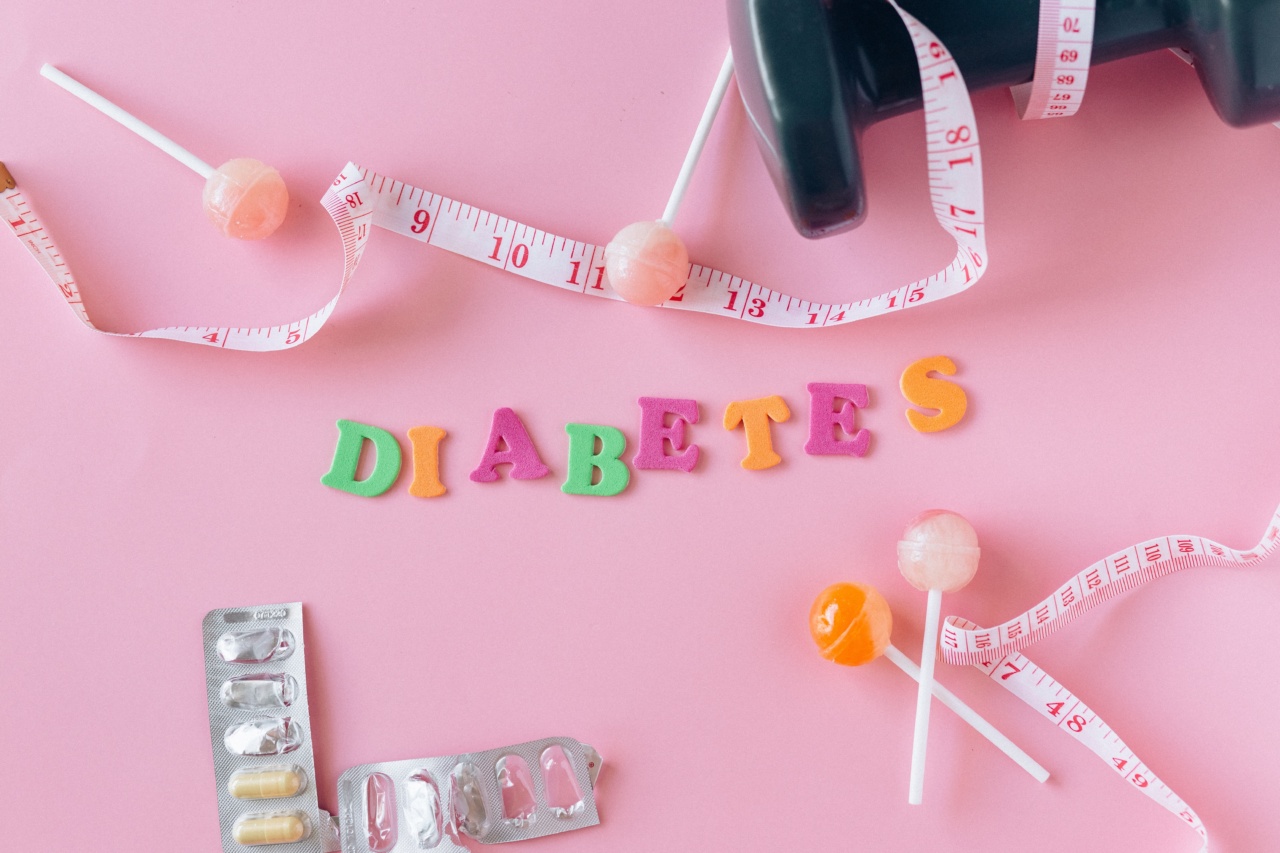The DASH (Dietary Approaches to Stop Hypertension) diet has gained popularity over the years for its effectiveness in weight loss and improving overall health.
Originally developed to lower blood pressure, this diet has been found to have numerous other benefits, including weight management, reducing the risk of heart disease, and improving overall nutritional intake.
What is the DASH Diet?
The DASH diet is a balanced eating plan that focuses on increasing the intake of fruits, vegetables, whole grains, lean proteins, and low-fat dairy products while limiting the consumption of saturated fats, sodium, and added sugars.
It promotes a well-rounded, nutrient-dense diet that helps in preventing and managing various health conditions.
How does the DASH Diet work?
The DASH diet works by emphasizing the consumption of foods that are known to lower blood pressure and improve heart health.
By increasing the intake of key nutrients such as potassium, magnesium, calcium, and fiber, the DASH diet helps in maintaining a healthy blood pressure range and reducing the risk of hypertension.
Additionally, the DASH diet also aids in weight loss and management. The emphasis on whole foods and reduction in processed foods and added sugars helps in controlling calorie intake and promoting satiety.
The high fiber content of the diet also contributes to feeling full and satisfied, thus reducing the chances of overeating.
Key Principles of the DASH Diet
The DASH diet follows several key principles, including:.
1. Increased Fruit and Vegetable Intake
One of the main principles of the DASH diet is to consume a variety of fruits and vegetables. These foods are rich in essential vitamins, minerals, antioxidants, and fiber, all of which contribute to overall health and weight management.
Aim for at least 4-5 servings of fruits and vegetables per day.
2. Emphasis on Whole Grains
Whole grains such as brown rice, whole wheat bread, and oats are an important part of the DASH diet. They provide fiber, B vitamins, and minerals, and help in maintaining a healthy body weight.
Replace refined grains with whole grains to maximize the benefits.
3. Lean Protein Sources
The DASH diet encourages the consumption of lean protein sources such as poultry, fish, beans, lentils, and low-fat dairy products. These foods provide essential amino acids without adding excessive saturated fat or cholesterol to the diet.
Aim for 2-3 servings of lean protein per day.
4. Limited Sodium Intake
Sodium intake is a major concern for individuals with hypertension and those at risk of developing high blood pressure.
The DASH diet recommends limiting sodium intake to 2,300 milligrams (mg) per day or even further to 1,500 mg if you have hypertension.
5. Reducing Saturated and Trans Fats
The DASH diet promotes the consumption of healthy fats such as those found in olive oil, nuts, seeds, and avocados while minimizing saturated and trans fats. This helps in managing cholesterol levels and reducing the risk of heart disease.
6. Minimizing Added Sugars and Sweets
Added sugars contribute to weight gain and various health issues. The DASH diet aims to minimize the intake of sugary beverages, sweets, and processed foods that are high in added sugars. Opt for natural sweeteners or limit sugar intake altogether.
Benefits of the DASH Diet
The DASH diet offers several benefits for weight loss and overall health:.
1. Weight Loss and Management
Following the DASH diet can aid in weight loss and weight management. The emphasis on whole foods, lean proteins, and fiber ensures a nutritious diet that promotes satiety and reduces excessive calorie intake.
2. Lower Blood Pressure
As the name suggests, the DASH diet is particularly effective in lowering blood pressure.
By focusing on foods that are low in sodium and high in essential minerals like potassium and magnesium, this diet helps in maintaining healthy blood pressure levels.
3. Heart Health
The DASH diet is well-known for its positive impact on heart health.
By reducing the intake of saturated and trans fats while increasing the consumption of heart-healthy fats, fruits, and vegetables, this diet lowers the risk of heart disease, stroke, and other cardiovascular conditions.
4. Improved Nutritional Intake
The DASH diet promotes a well-rounded and balanced intake of nutrients, including vitamins, minerals, and antioxidants.
By focusing on whole and unprocessed foods, this diet ensures that you meet your nutritional requirements and enjoy a variety of flavors and textures.
5. Diabetes Control
The DASH diet can also be beneficial for individuals with diabetes.
With its emphasis on whole grains, lean proteins, and limited sugar intake, this diet helps in managing blood sugar levels and reducing the risk of complications associated with diabetes.
Conclusion
The DASH diet is an effective approach to weight loss and improving overall health.
By following the principles of the DASH diet, individuals can enjoy a varied and nutrient-dense eating plan that reduces the risk of hypertension, heart disease, and obesity. Consider adopting this balanced and sustainable diet to experience the numerous benefits it offers for your health and well-being.





























